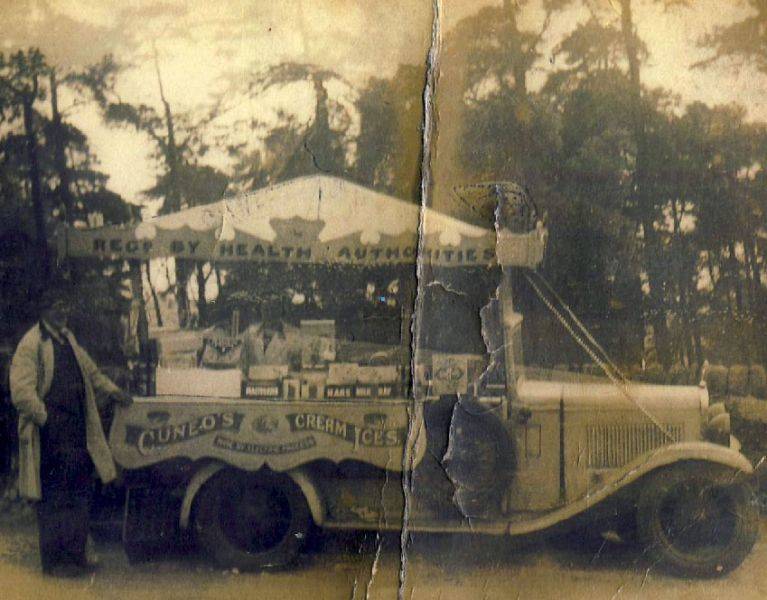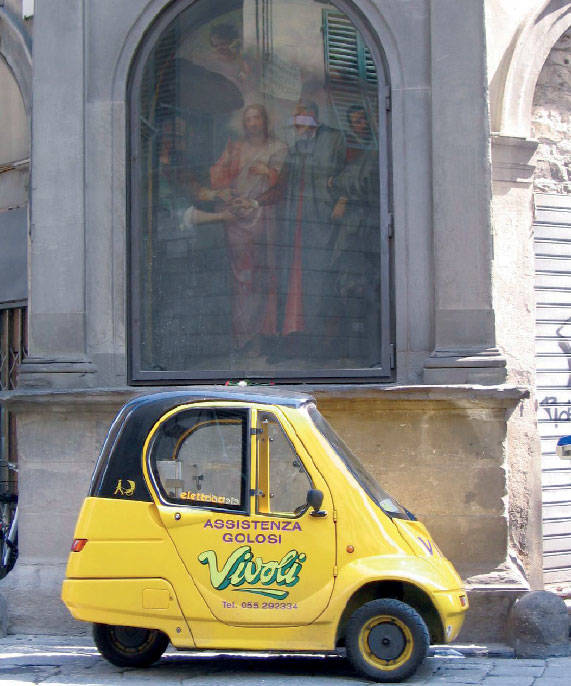An Italian Craft and Tradition
The art of ice cream making and refrigeration has been around since the most ancient times within Asia Minor, Egypt and China. The ancient Romans used to mix beverages and fruit juices with snow (collected on Mount Etna in Sicily or on Mount Vesuvius by Naples).
The custom was so popular that the first kiosks selling primitive gelatos appeared on the main
streets of Southern Italy. The Arabs, refined gastronomes, invented “sorbetto” (sorbet) and distributed it throughout the West, starting from Sicily.
The evolution of ice cream changes from one century to the next and in the eighteenth century gelato starts being considered a typical Italian product. With the migratory wave of the 1800s, numerous Italian workers moved to European countries and worked as traveling salesmen, first selling roasted chestnuts, then caramelized fruit and ice cream. The first moving ice cream carts appearing all over Europe date back to those years.
At the end of the 1800s, and at the beginning of the 1900s, ice cream was mostly homemade in its egg based, milk based and fruit based versions. Ice cream was healthy and beneficial and it was served in cups or glasses.
In modern times, the birth of industrial processing has generated several “absurd” products: from ice cream on a stick to calippo popsicles, even in weird colors such as the “smurf” color, a bright blue that certainly does not have anything natural in it. Fortunately, today the best Italian chefs and pastry chefs have started to produce ice cream with authentic and traditional ingredients from their geographical regions.
There are more and more family run ice cream parlors which make ice cream only with the best and freshest ingredients. Some are really unique: you can try delicious manna delle madonie from Sicily (Manna is the product resulting from the incision of the ash tree, now it is only produced in Sicily, exactly in the Madonie Park, close to the towns of Castelbuono and Pollina. It is called “manna“ because it comes from heaven ), pistachios from Bronte in Sicily (pitachio gelato should not be a glow-in-the-dark green), lemon gelato made with lemons from Amalfi (which is white and not as yellow as the sun), or gelato made with hazelnuts from Piemonte.
The way gelato is stored is also extremely important. The best products are stored in thermosteel ice cream carapinas because the ice cream has less contact with oxygen and is subject to a more homogenous refrigeration. Ice cream should be softened a few times a day by moving what is at the bottom to the top and so on. This process improves the product’s freshness and flavor. Good quality ice cream should not have any ice clusters and must be so creamy that it melts really fast.
Here are some ice cream parlors you should check out when you visit Italy:
● Agrigelateria San Pe’, Strada di San Pietro di Rivetta – Poirino, Torino; via Nizza, 230 – Torino (@ Eataly); Via Bossolasco, 6/4 – Torino.
● Caffè Sicilia, Corso Vittorio Emanuele III, 125 – Noto, Siracusa.
● De Coltelli, Lungarno Pacinotti, 23 – Pisa.
● Grom, Piazza Paleocapa, Torino.
● Cremeria Gabriele, Corso Umberto I, 8 – Vico Equense, Naples.
● Cappadonia, Via Roma, 153 – Cerda, Palermo.
● Stefino, Via Galliera 49, Bologna.
● Sanelli, Piazza del Popolo, 2/1, – Salsomaggiore Terme, Parma.
● Gelato Giusto, Via San Gregorio, 17 – Milan.
● Vivoli, Via Isola delle Stinche, 7r – Florence.
● Gelateria Pasqualetti, Via del Duomo 14, Orvieto.






































i-Italy
Facebook
Google+
This work may not be reproduced, in whole or in part, without prior written permission.
Questo lavoro non può essere riprodotto, in tutto o in parte, senza permesso scritto.